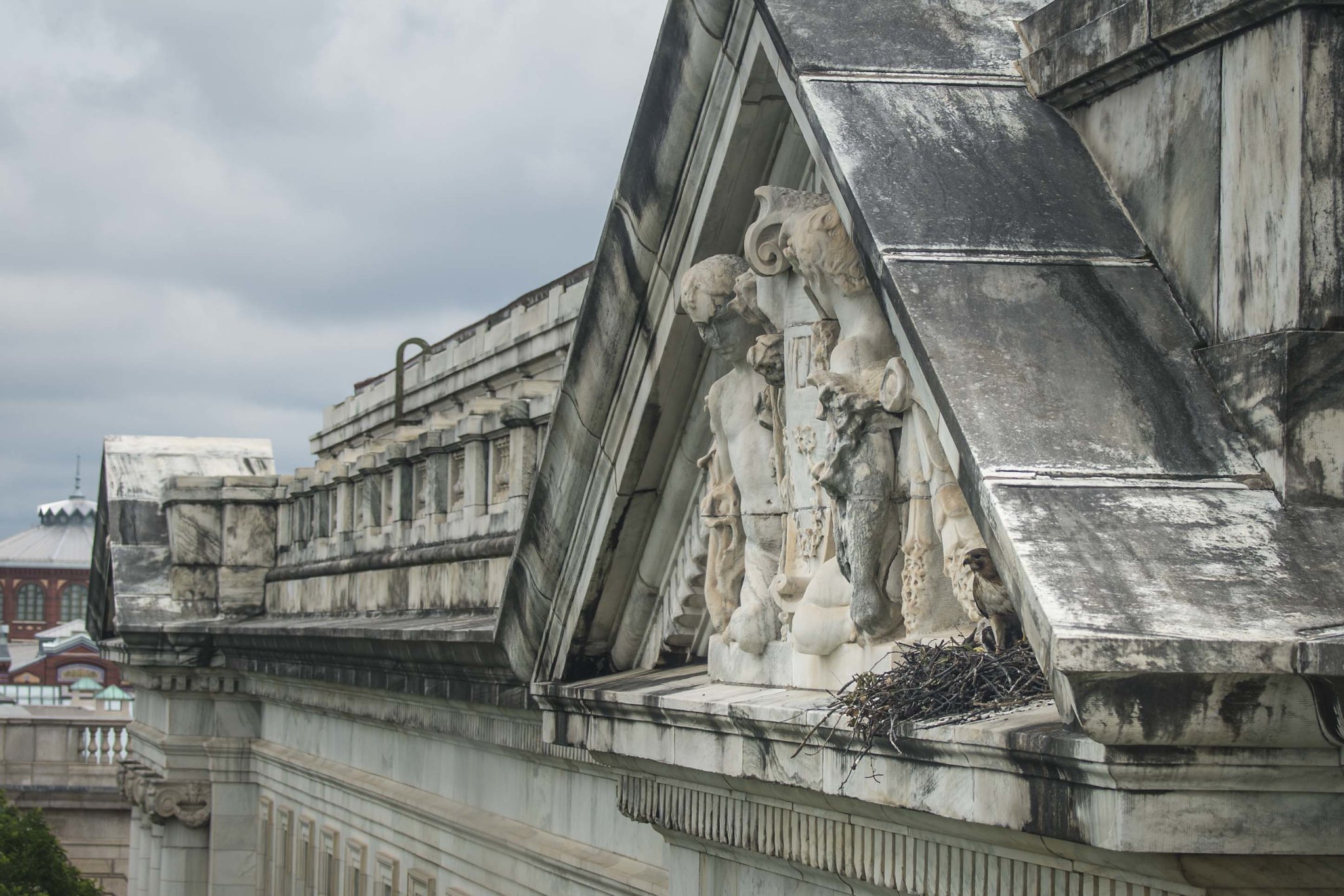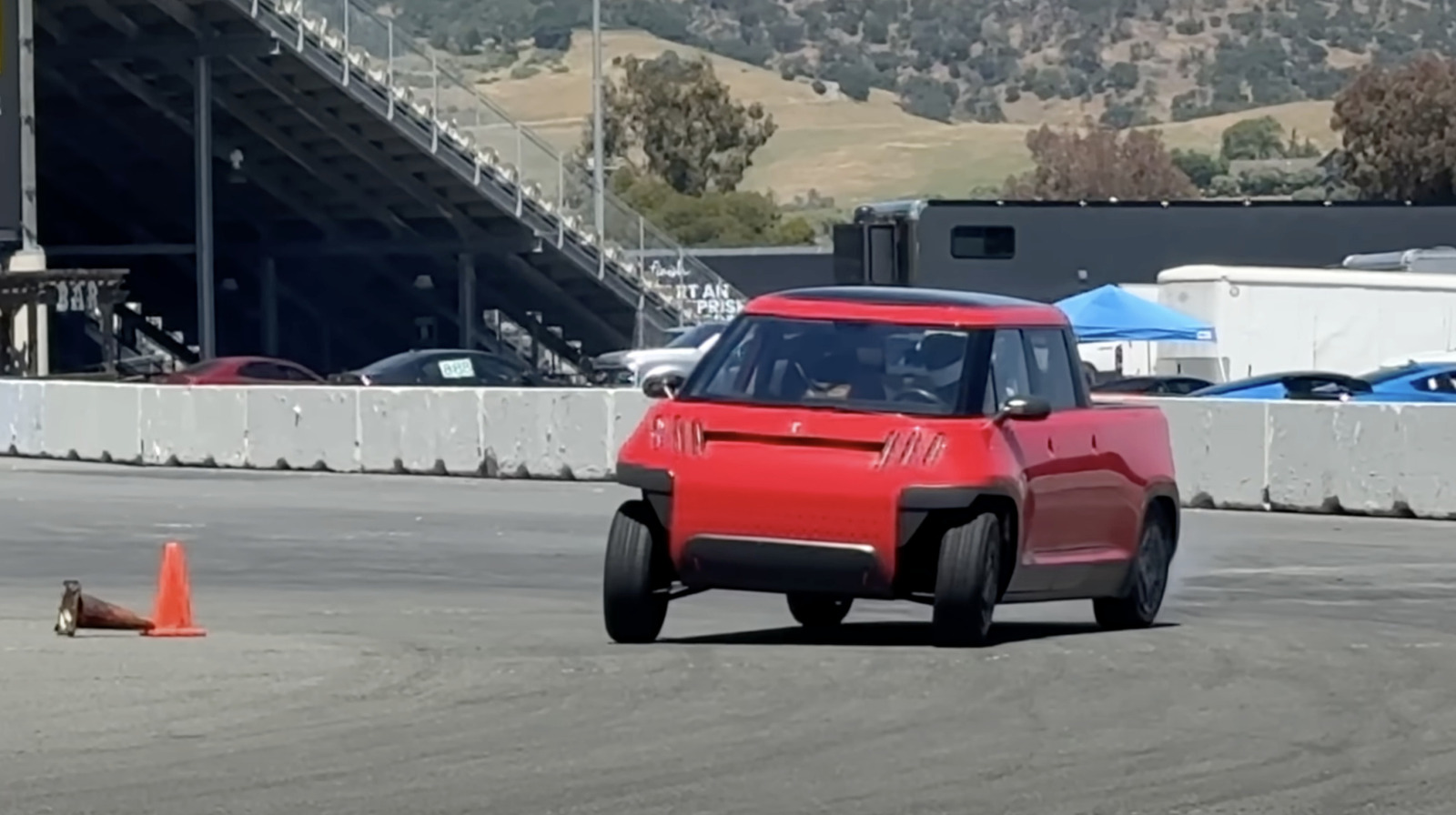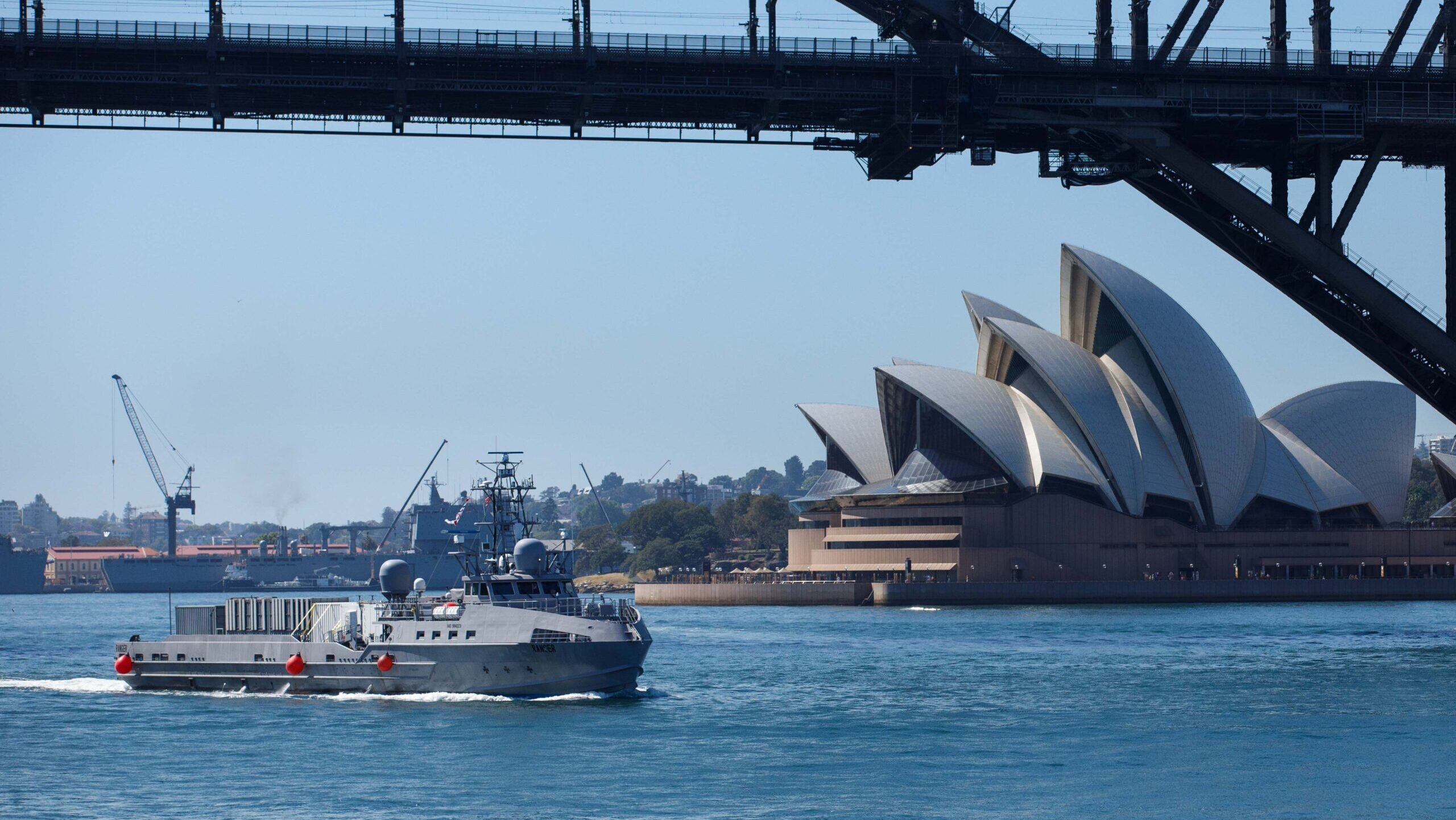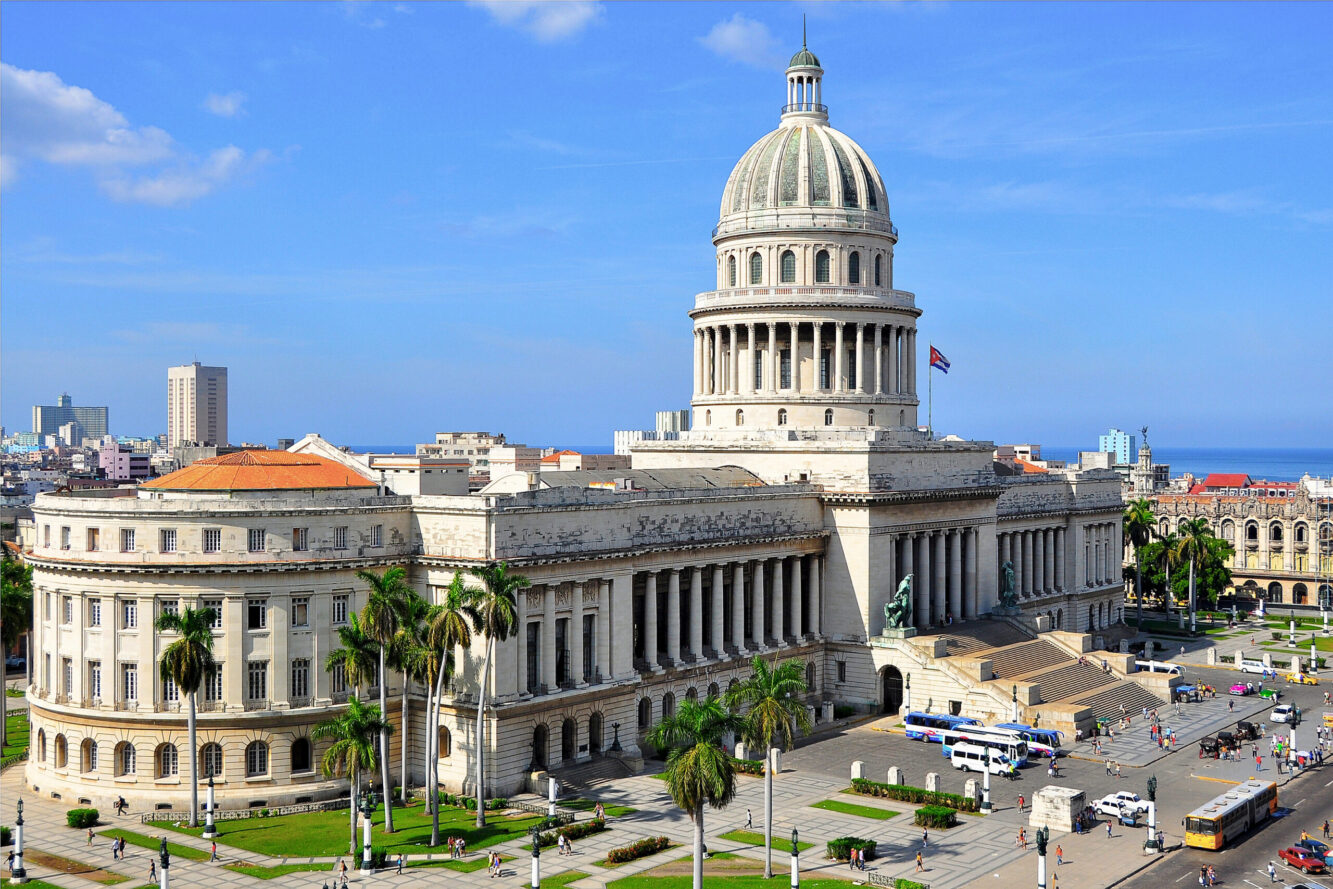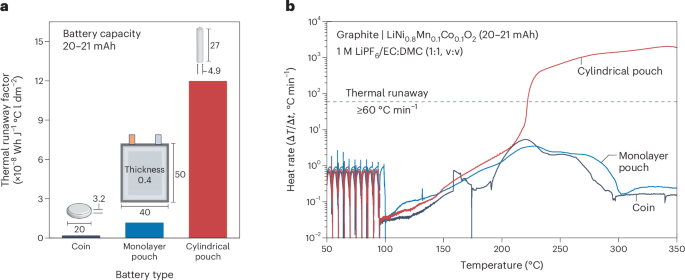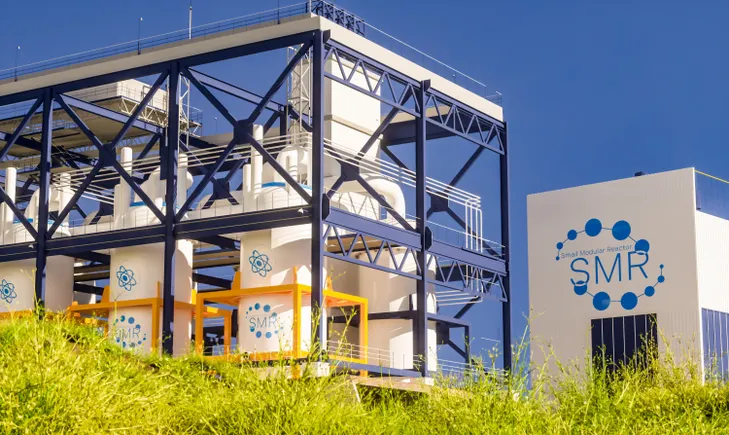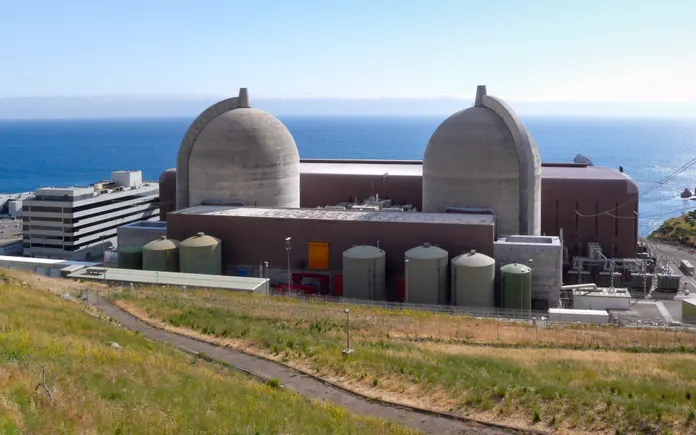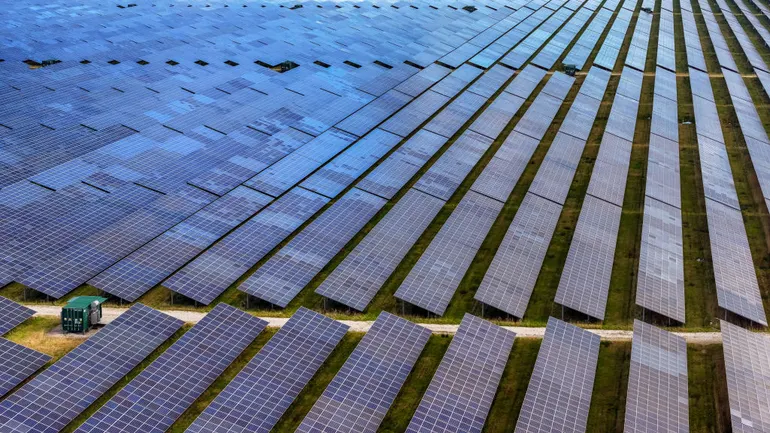Supreme Court again bars Trump from removing Venezuelan nationals
The Supreme Court on Friday afternoon extended its ban on the removal from the United States of Venezuelan men currently in immigration custody in the northern region of Texas. In an eight-page unsigned opinion, the justices sent the case back to a federal appeals court for another look and blocked the Trump administration from removing any of the men from the United States under an 18th-century wartime law until the appeals are resolved. The court instructed the U.S. Court of Appeals for the 5th Circuit to determine the kind of procedures to which detainees are entitled to challenge the removals. But it indicated that the procedures that the government used in April, when it was ready to carry out removals before the Supreme Court stepped in, were not enough to satisfy the Constitution’s guarantee of fair treatment. Justice Samuel Alito dissented from the court’s order, in a 14-page opinion joined by Justice Clarence Thomas. In Alito’s view, the Supreme Court had “no authority to issue any relief.” Friday’s opinion was yet another chapter in a dispute that began in March, when the Trump administration initiated efforts to remove noncitizens who it designated as members of a Venezuelan gang, known as Tren de Aragua, pursuant to a March 15 executive order issued by President Donald Trump. The order relied on the Alien Enemies Act, a 1798 law that gives the president the power to detain or remove citizens of an enemy nation without a hearing or any other review by a court if Congress declares war or there is an “invasion” or “predatory incursion.” The law has only been invoked three times, during the War of 1812, World War I, and World War II. In his March 15 order, Trump indicated that members of Tren de Aragua were “perpetrating, attempting, and threatening an invasion or predatory incursion” against the United States. Therefore, he concluded, any Venezuelan citizen in the United States who is 14 years old or older can be “apprehended, restrained, secured, and removed as” an alien enemy. Even before Trump’s order went into effect, a group of detainees went to federal court in Washington, D.C., asking Chief U.S. District Judge James Boasberg to stop their removal and challenging their designation under the Alien Enemies Act. Boasberg directed the federal government not to remove anyone under the Alien Enemies Act, but news reports later indicated that more than 200 noncitizens were taken to El Salvador from the United States on March 15, after Boasberg issued his order. The detainees were taken to El Salvador’s notorious maximum-security prison. On April 7, the Supreme Court put Boasberg’s order on hold. It explained that the detainees had brought their challenge in the wrong place: Because they were challenging their designation as alien enemies, they should have filed their lawsuits as petitions for habeas corpus in Texas, where they were being held, rather than in Washington. The Supreme Court also told the government that it should provide anyone who was designated for removal under the Alien Enemies Act with notice of that designation, which must be provided in a time and manner that will allow them to challenge the removal before it occurs. In the wake of those instructions, a group of Venezuelan men in immigration custody in the northern region of Texas went to federal court on April 16, seeking once again to block their removal under the Alien Enemies Act. U.S. District Judge James Wesley Hendrix denied their request, indicating that the detainees were likely “not facing such an imminent threat.” The detainees returned to Hendrix and renewed their request, telling him that some of them had been notified that their removal could indeed occur at any moment. Moreover, they told him, even the men who had received notices had only received notices in English, even though most of them speak only Spanish, and the notices did not inform the men that they can challenge their designation as “alien enemies.” When Hendrix had not yet acted on their request, the detainees went to the 5th Circuit and then to the Supreme Court. Shortly before 1 a.m. on April 19, the Supreme Court ordered the government “not to remove any member of” the would-be class of detainees from the United States unless and until the Supreme Court indicates otherwise. In its unsigned opinion on Friday afternoon, the justices explained that the court of appeals was wrong when it dismissed the detainees’ appeal on the ground that it lacked the power to review it. Appeals courts, the court reasoned, have the power to review non-final orders that “have ‘the practical effect of refusing an injunction.’” When a federal district court does not take action “in the face of extreme urgency and a high risk of ‘serious, perhaps irreparable,’ consequences may have” precisely that effect – as Hendrix’s failure to rule on the detainees’ request for more than 14 hours did, the court concluded. Turn
The Supreme Court on Friday afternoon extended its ban on the removal from the United States of Venezuelan men currently in immigration custody in the northern region of Texas. In an eight-page unsigned opinion, the justices sent the case back to a federal appeals court for another look and blocked the Trump administration from removing any of the men from the United States under an 18th-century wartime law until the appeals are resolved.
The court instructed the U.S. Court of Appeals for the 5th Circuit to determine the kind of procedures to which detainees are entitled to challenge the removals. But it indicated that the procedures that the government used in April, when it was ready to carry out removals before the Supreme Court stepped in, were not enough to satisfy the Constitution’s guarantee of fair treatment.
Justice Samuel Alito dissented from the court’s order, in a 14-page opinion joined by Justice Clarence Thomas. In Alito’s view, the Supreme Court had “no authority to issue any relief.”
Friday’s opinion was yet another chapter in a dispute that began in March, when the Trump administration initiated efforts to remove noncitizens who it designated as members of a Venezuelan gang, known as Tren de Aragua, pursuant to a March 15 executive order issued by President Donald Trump. The order relied on the Alien Enemies Act, a 1798 law that gives the president the power to detain or remove citizens of an enemy nation without a hearing or any other review by a court if Congress declares war or there is an “invasion” or “predatory incursion.” The law has only been invoked three times, during the War of 1812, World War I, and World War II.
In his March 15 order, Trump indicated that members of Tren de Aragua were “perpetrating, attempting, and threatening an invasion or predatory incursion” against the United States. Therefore, he concluded, any Venezuelan citizen in the United States who is 14 years old or older can be “apprehended, restrained, secured, and removed as” an alien enemy.
Even before Trump’s order went into effect, a group of detainees went to federal court in Washington, D.C., asking Chief U.S. District Judge James Boasberg to stop their removal and challenging their designation under the Alien Enemies Act.
Boasberg directed the federal government not to remove anyone under the Alien Enemies Act, but news reports later indicated that more than 200 noncitizens were taken to El Salvador from the United States on March 15, after Boasberg issued his order. The detainees were taken to El Salvador’s notorious maximum-security prison.
On April 7, the Supreme Court put Boasberg’s order on hold. It explained that the detainees had brought their challenge in the wrong place: Because they were challenging their designation as alien enemies, they should have filed their lawsuits as petitions for habeas corpus in Texas, where they were being held, rather than in Washington.
The Supreme Court also told the government that it should provide anyone who was designated for removal under the Alien Enemies Act with notice of that designation, which must be provided in a time and manner that will allow them to challenge the removal before it occurs.
In the wake of those instructions, a group of Venezuelan men in immigration custody in the northern region of Texas went to federal court on April 16, seeking once again to block their removal under the Alien Enemies Act.
U.S. District Judge James Wesley Hendrix denied their request, indicating that the detainees were likely “not facing such an imminent threat.”
The detainees returned to Hendrix and renewed their request, telling him that some of them had been notified that their removal could indeed occur at any moment. Moreover, they told him, even the men who had received notices had only received notices in English, even though most of them speak only Spanish, and the notices did not inform the men that they can challenge their designation as “alien enemies.”
When Hendrix had not yet acted on their request, the detainees went to the 5th Circuit and then to the Supreme Court. Shortly before 1 a.m. on April 19, the Supreme Court ordered the government “not to remove any member of” the would-be class of detainees from the United States unless and until the Supreme Court indicates otherwise.
In its unsigned opinion on Friday afternoon, the justices explained that the court of appeals was wrong when it dismissed the detainees’ appeal on the ground that it lacked the power to review it. Appeals courts, the court reasoned, have the power to review non-final orders that “have ‘the practical effect of refusing an injunction.’” When a federal district court does not take action “in the face of extreme urgency and a high risk of ‘serious, perhaps irreparable,’ consequences may have” precisely that effect – as Hendrix’s failure to rule on the detainees’ request for more than 14 hours did, the court concluded.
Turning to the question of the notice that the detainees in this case received and whether they had a meaningful opportunity to challenge their removals, the court observed that the Trump administration did not challenge the detainees’ description of the barebones notice provided to them, or that it was preparing to carry out removals before the Supreme Court intervened on April 19. Moreover, the justices added, when the Trump administration has said that it cannot “provide for the return” of Kilmar Abrego Garcia, a Maryland man whom the government admits was mistakenly sent to an El Salvadoran prison, the “detainees’ interests at stake are accordingly particularly weighty.”
In this case, the justices concluded, the notice that the government did provide to detainees – “roughly 24 hours before removal, devoid of information about how to” contest that removal, “surely does not pass muster.” But the court of appeals, rather than the Supreme Court, should “determine in the first instance the precise process necessary to satisfy the Constitution in this case,” the justices wrote.
Finally, the justices stressed that they were not addressing whether the detainees can actually be removed under the Alien Enemies Act. Instead, they merely “recognize[d] the significance of the Government’s national security interest as well as the necessity that such interests be pursued in a manner consistent with the Constitution. In light of the foregoing, lower courts should address AEA cases expeditiously.”
Justice Brett Kavanaugh wrote a short separate concurring opinion in which he emphasized that the court’s opinion today “simply ensures that the Judiciary can decide whether these Venezuelan detainees may be lawfully removed under the Alien Enemies Act before they are in fact removed.” He added that, if it were up to him, he would have kept the case in the Supreme Court to resolve the “critical legal issues” quickly, rather than sending it back to the lower courts.
In his dissent, Alito disputed the majority’s suggestion that Hendrix had effectively denied the detainees’ request by failing to act on it, calling it a “mischaracterization of what happened in the District Court.” Instead, he posited, the detainees had made an “extraordinary demand,” and Hendrix was simply working very hard to respond to it quickly but carefully.
Alito also argued that the detainees were not entitled to emergency relief because they had not shown that they were likely to succeed on the merits – one of the requirements for temporary relief. But although the detainees needed to show “that they were likely to establish that class relief is available in a habeas proceeding” and that a class could be certified, Alito contended, they likely would be unable to do either of those things.
The post Supreme Court again bars Trump from removing Venezuelan nationals appeared first on SCOTUSblog.









